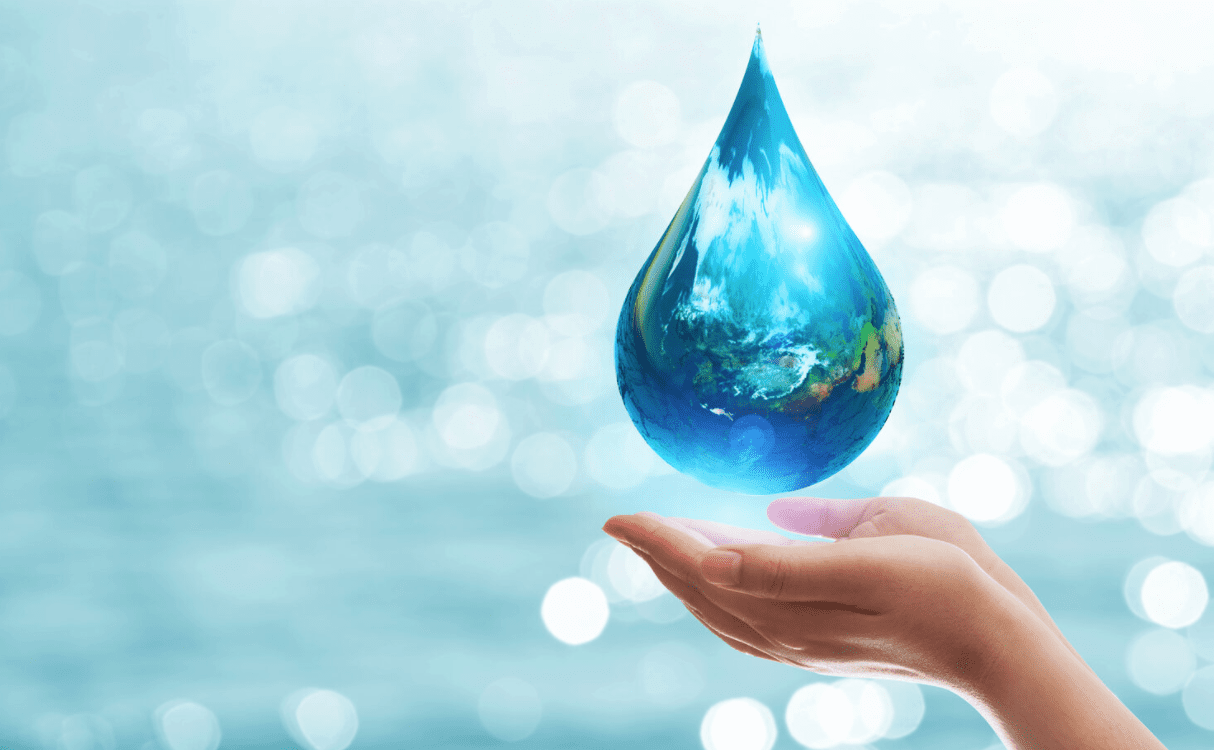World Water Day is celebrated annually on March 22, since 1993, when the United Nations (UN) established the date with the aim of drawing society's attention to the importance of water and the need to adopt measures to its conservation. Water is a vital resource for life on the planet, but its availability is limited and its proper management is essential to ensure its sustainability and the maintenance of aquatic ecosystems. In this sense, World Water Day represents an opportunity to reflect on the use of water and on how we can contribute to its conservation.
Water is an essential natural resource for the survival of all living beings, in addition to being a crucial element for the economic and social development of nations. However, despite its importance, water is often considered an infinite resource, which is not true. Water scarcity is a reality in many parts of the world and its conservation is essential to ensure the well-being of the population and the sustainability of the planet.
Data from the United Nations (UN) indicate that around 2.2 billion people in the world do not have access to drinking water and 4.2 billion people do not have access to basic sanitation. Furthermore, it is estimated that by 2050, around 5 billion people will be living in water scarce areas. In Brazil, the situation is no different. According to data from the Trata Brasil Institute, around 35 million Brazilians do not have access to drinking water and more than 100 million do not have access to sewage collection and treatment services. In addition, climate change has directly impacted the availability of water in several regions of the country.
Given this scenario, it is necessary to adopt measures to ensure water conservation. One of the most important measures is water management in urban areas. Cities consume around 75% of the world's produced water, but much of that water is lost through leaks and waste. Efficient water management in cities involves investments in infrastructure, such as water distribution and sewage treatment networks, as well as programs to raise awareness of the population about the importance of water conservation. Data from the National Water Agency (ANA) indicate that Brazilians consume, on average, about 154 liters of water per day, while the United Nations (UN) recommends a maximum consumption of 110 liters per day. Furthermore, ANA estimates that around 40% of treated water in the country is lost through leaks and waste.
Awareness is the Way
To make the population aware of water waste, it is important to adopt simple measures, such as turning off the tap when brushing your teeth, taking shorter showers and using rainwater to water plants and wash cars. In addition, it is important to invest in technologies that allow a more efficient use of water, such as faucets with automatic closing systems and water reuse systems.
In addition to water management in urban areas and awareness of waste, conservation of aquatic ecosystems is equally important. Aquatic ecosystems, such as rivers, lakes and oceans, are home to a great diversity of species and are responsible for various ecosystem services, such as climate regulation and water purification. However, aquatic ecosystems are being threatened by pollution, the construction of dams and the overexploitation of natural resources. UN data indicate that more than half of the world's rivers are polluted and the biodiversity of aquatic ecosystems has drastically decreased in recent decades.
To conserve aquatic ecosystems, it is necessary to adopt measures such as the protection of watershed areas and the establishment of conservation areas. In addition, it is important to invest in technologies that allow the treatment and reuse of water, thus reducing the pressure on water resources.
Water conservation is a global challenge that requires coordinated and integrated actions. Governments, companies, civil society organizations and the population in general have a key role in promoting efficient water management, raising awareness about waste and conserving aquatic ecosystems.
For water conservation to be effective, it is necessary to invest in public policies, technologies and awareness programs that allow for a more sustainable management of water resources. Only in this way can we guarantee the availability of water for present and future generations and the conservation of aquatic ecosystems that are so important for the balance of the planet.




